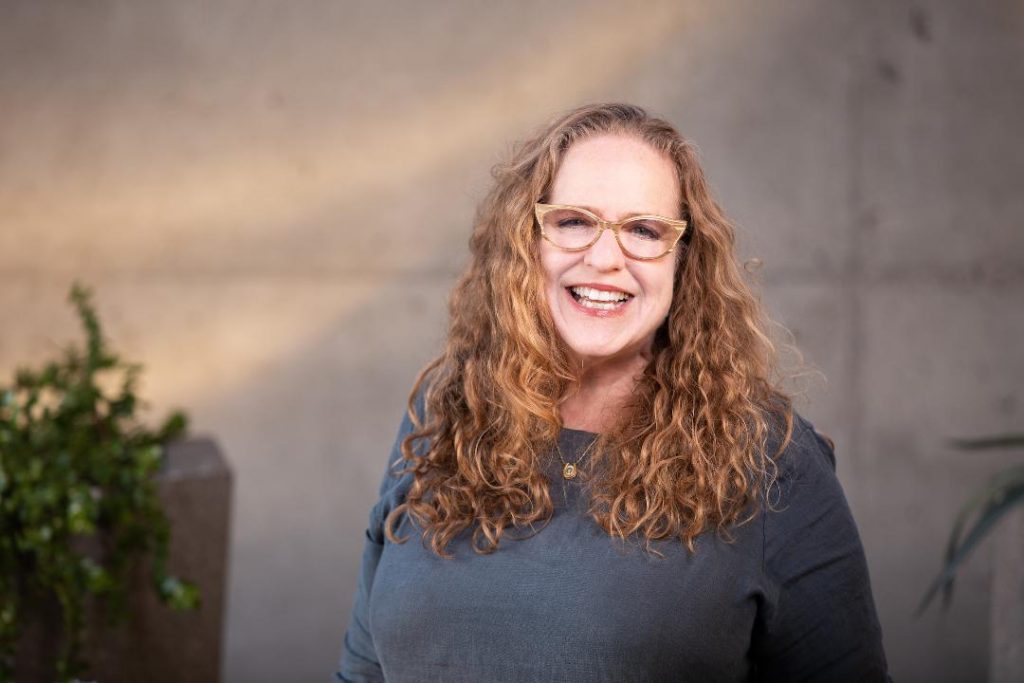
“As a profession and as a society, we are really at the very beginning of considering what it means to make journalism accessible to other groups that weren’t really considered to partake of it.”
Amy Silverman
Accessible Journalism
The Arizona Daily Star, in partnership with ProPublica’s Local Reporting Network, uncovered a long history of mismanagement and neglect in Arizona’s Division of Developmental Disabilities, the governmental agency responsible for providing services to people with intellectual and developmental disabilities and their families.
The project aimed to integrate people with intellectual and developmental disabilities in a meaningful way. Instead of solely interviewing friends, family, officials and perpetrators, the reporting team sought out firsthand accounts from those who the Division was meant to serve and include their voices.
In addition, the project was made to be as accessible as possible. In a first for mainstream media organizations, the team hired and worked alongside an expert who translated the story into a “plain language” format, aiming to streamline and clarify information. Both the original and plain language formats were also provided in a narrated audio medium, and excerpts of the story were presented at a live event to ensure the target audience was reached through as many avenues as possible.
Silverman is available for virtual class visits. Contact Center administrator Krista Eastman (krista.eastman@wisc.edu) for more information.
Amy Silverman on Reporting “State of Denial”
Q1: How important is the accessibility of a piece of reporting? Do journalists have an obligation to make their work as approachable and available as possible?
Q2: Think of the forms of journalism you encounter regularly. Are these forms accessible to everyone? How can they be improved?
Q3: How can journalists avoid treating the victims of injustice solely as passive victims instead of individuals with their own perspective to share?
